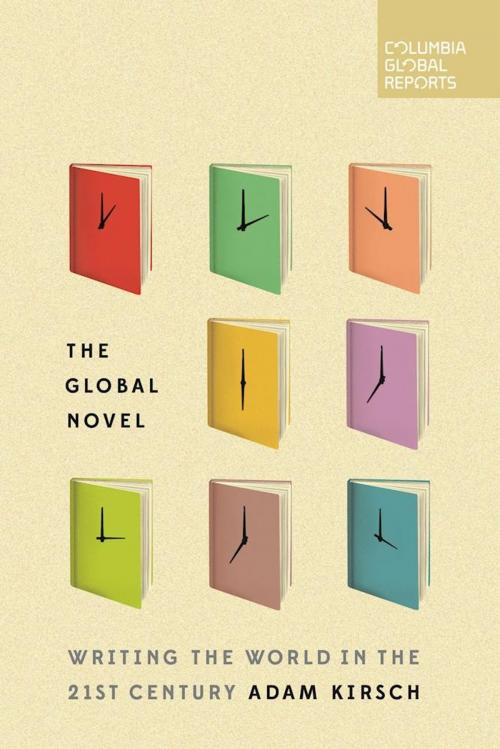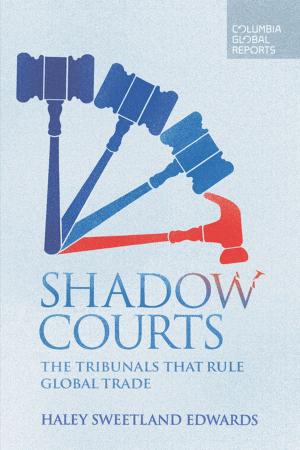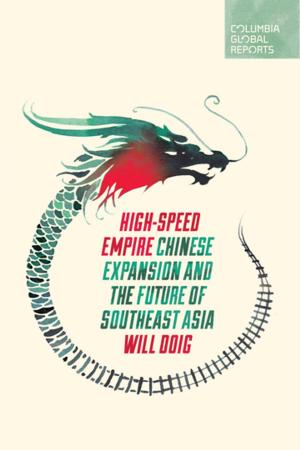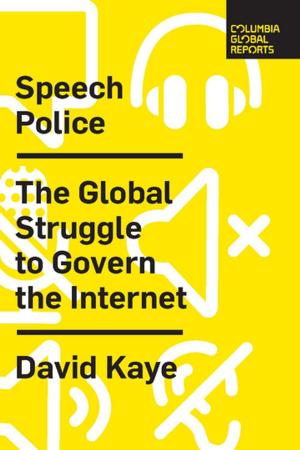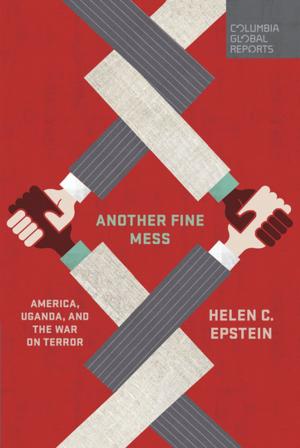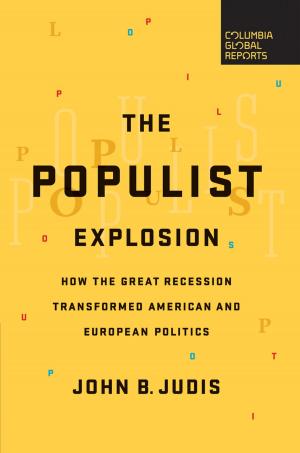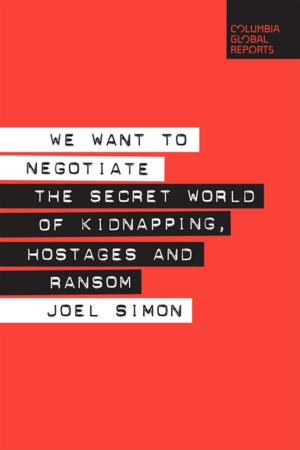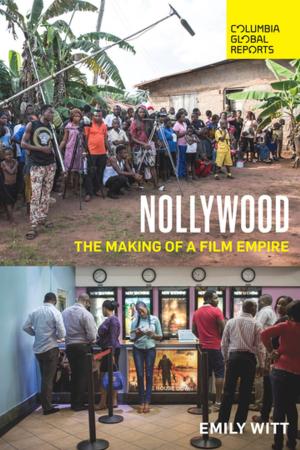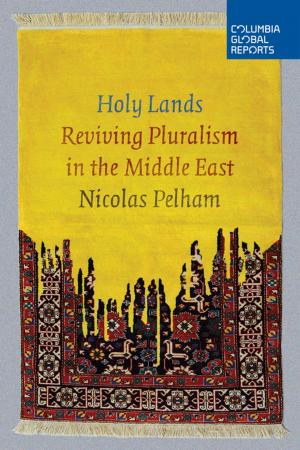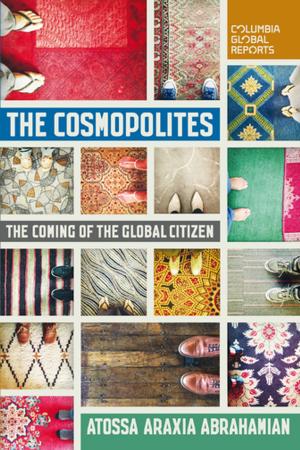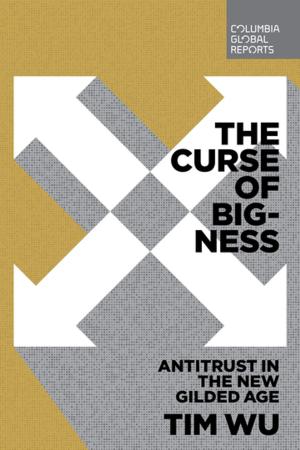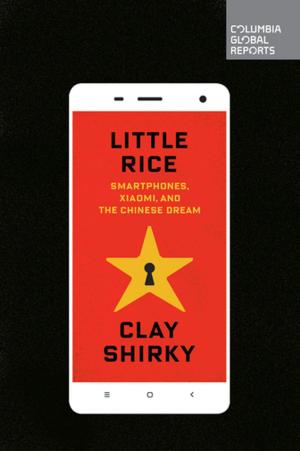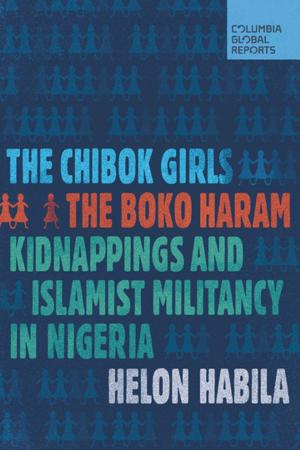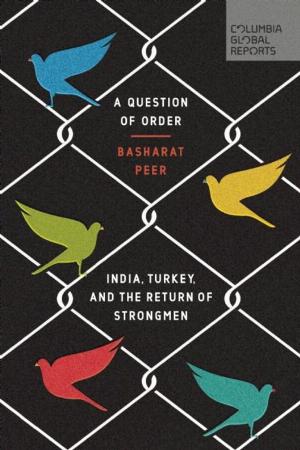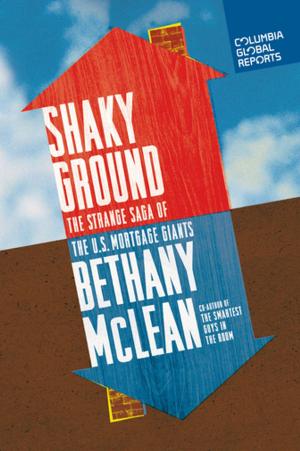The Global Novel
Writing the World in the 21st Century
Fiction & Literature, Literary Theory & Criticism, Books & Reading| Author: | Adam Kirsch | ISBN: | 9780997722918 |
| Publisher: | Columbia Global Reports | Publication: | April 25, 2017 |
| Imprint: | Columbia Global Reports | Language: | English |
| Author: | Adam Kirsch |
| ISBN: | 9780997722918 |
| Publisher: | Columbia Global Reports |
| Publication: | April 25, 2017 |
| Imprint: | Columbia Global Reports |
| Language: | English |
"Illuminating." -- The New York Times Book Review
What is the future of fiction in an age of globalization?
In The Global Novel, acclaimed literary critic Adam Kirsch explores some of the 21st century's best-known writers-- including Orhan Pamuk, Chimamanda Ngozi Adichie, Mohsin Hamid, Haruki Murakami, Elena Ferrante, Roberto Bolano, Michel Houellebecq, and Margaret Atwood. They are employing a way of imagining the world that sees different places and peoples as intimately connected. From climate change and sex trafficking to religious fundamentalism and genetic engineering, today's novelists use 21st-centry subjects to address the perennial concerns of fiction, like morality, society, and love. The global novel is not the bland, deracinated, commercial product that many critics of world literature have accused it of being, but rather finds a way to renew the writer's ancient privilege of examining what it means to be human.
"Illuminating." -- The New York Times Book Review
What is the future of fiction in an age of globalization?
In The Global Novel, acclaimed literary critic Adam Kirsch explores some of the 21st century's best-known writers-- including Orhan Pamuk, Chimamanda Ngozi Adichie, Mohsin Hamid, Haruki Murakami, Elena Ferrante, Roberto Bolano, Michel Houellebecq, and Margaret Atwood. They are employing a way of imagining the world that sees different places and peoples as intimately connected. From climate change and sex trafficking to religious fundamentalism and genetic engineering, today's novelists use 21st-centry subjects to address the perennial concerns of fiction, like morality, society, and love. The global novel is not the bland, deracinated, commercial product that many critics of world literature have accused it of being, but rather finds a way to renew the writer's ancient privilege of examining what it means to be human.
